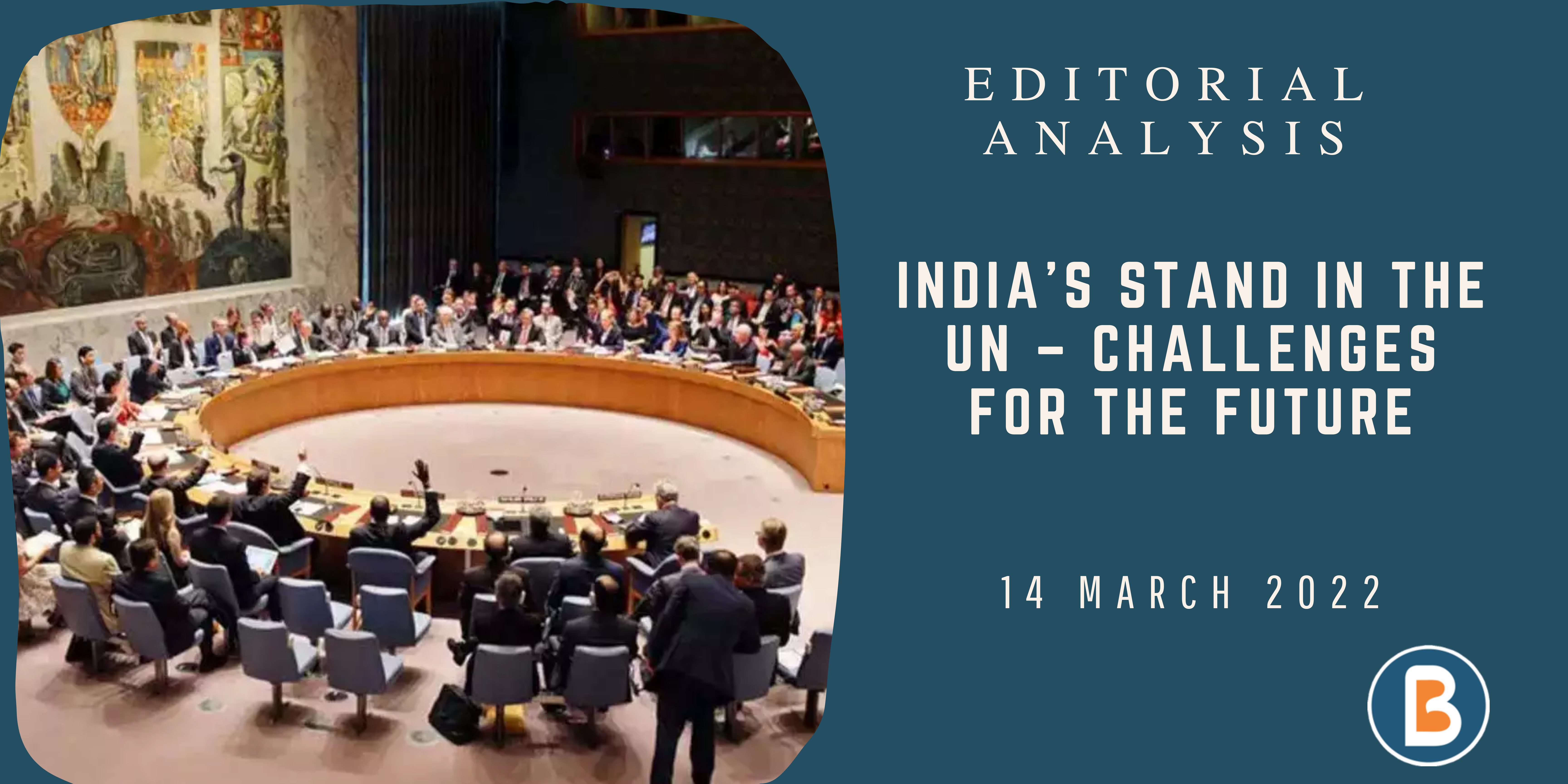National Security Policy of Pakistan
Context:
- Pakistan’s National Security Policy (2022–2026) is the first of its kind for the country.
- It outlines the vision and Pakistan’s global engagement in the context of strategic and security trends. Significantly, it identifies areas of interest and challenges emanating from them.
- The National Security Policy (NSP) document is the culmination of the National Security Division’s seven years of assessment of global dynamics.
Addressing Climate & Water stress:
- Section VIII (Human Security), addresses the climate and water stress in Pakistan.
- Although Pakistan’s initiatives in climate change have seen a seriousness in recent times, such as initiating a climate change mitigation policy, undertaking a ten billion tree plantation drive, and committing to a 50 per cent reduction in projected emissions by 2030 subject to international grant finance, it, however, requires a more cohesive and integrated response at the national level to deal with the looming impact of climate change on water resources.
Background:
- In the light of this, the NSP while linking the existential challenges of human security to climate change and water acknowledges in the process the necessity for effective water management system, particularly in the wake of extreme climatic events, declining agricultural productivity, increased variability of water availability, sea water incursion and various other related challenges.
- Climate change has impacted Pakistan in serious ways and is one of the most susceptible countries to climate risk. According to the German watch Report, “Pakistan has 9,989 lives and has suffered economic losses worth $3.8 billion from 1998 to 2018.”
- The Report further notes Pakistan as the eighth most affected country to the impact of climate change.
- Extreme weather occurrences put enormous pressures on Pakistan’s livelihood on a regular basis. In the last two decades, Pakistan has had over 140 severe weather occurrences, such as the massive urban flooding of Lahore (1996), Islamabad (2001) and Karachi (2009), and the severe droughts it witnessed from 1999 to 2002.
- These incidents have had a collective impact on the people and their livelihood as well as significant economic losses. To mitigate these concerns, Pakistan has updated its Nationally Determined Contributions (NDC) and has set the ‘Vision 2030’ for climate change mitigation.
Way Forward:
- The NSP is honest in the recognition of the human security challenges and avoids the rhetoric that one is accustomed to seeing in Pakistan and thereby acknowledges a serious need for a robust water management mechanism and an inclusive climate change policy.
Source: THE HINDU.




